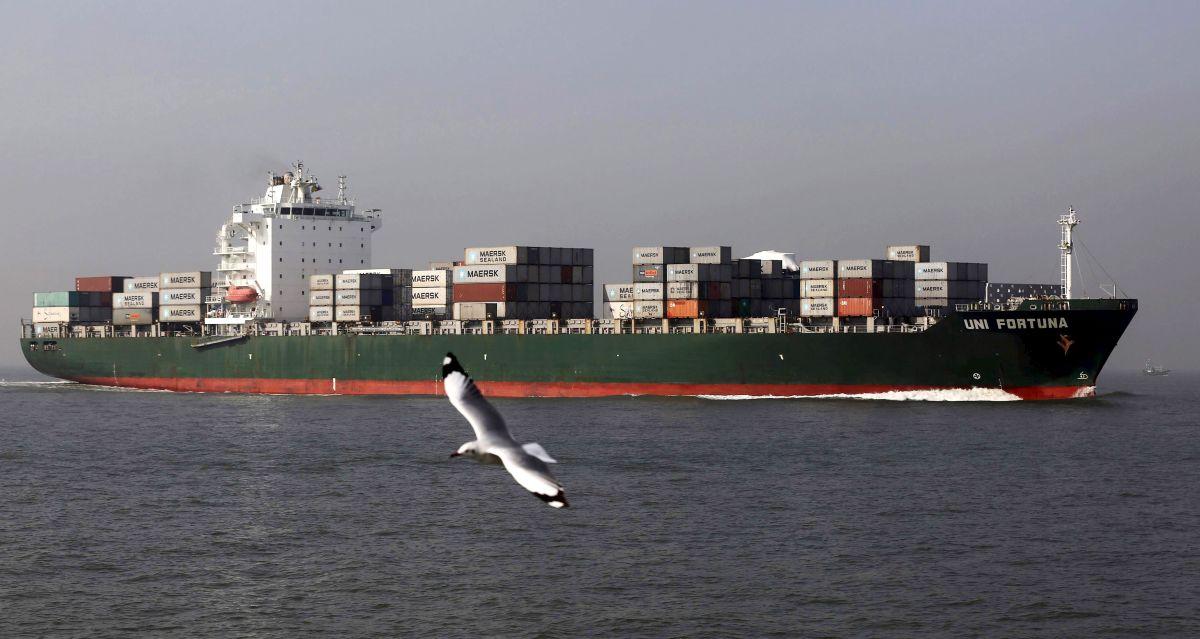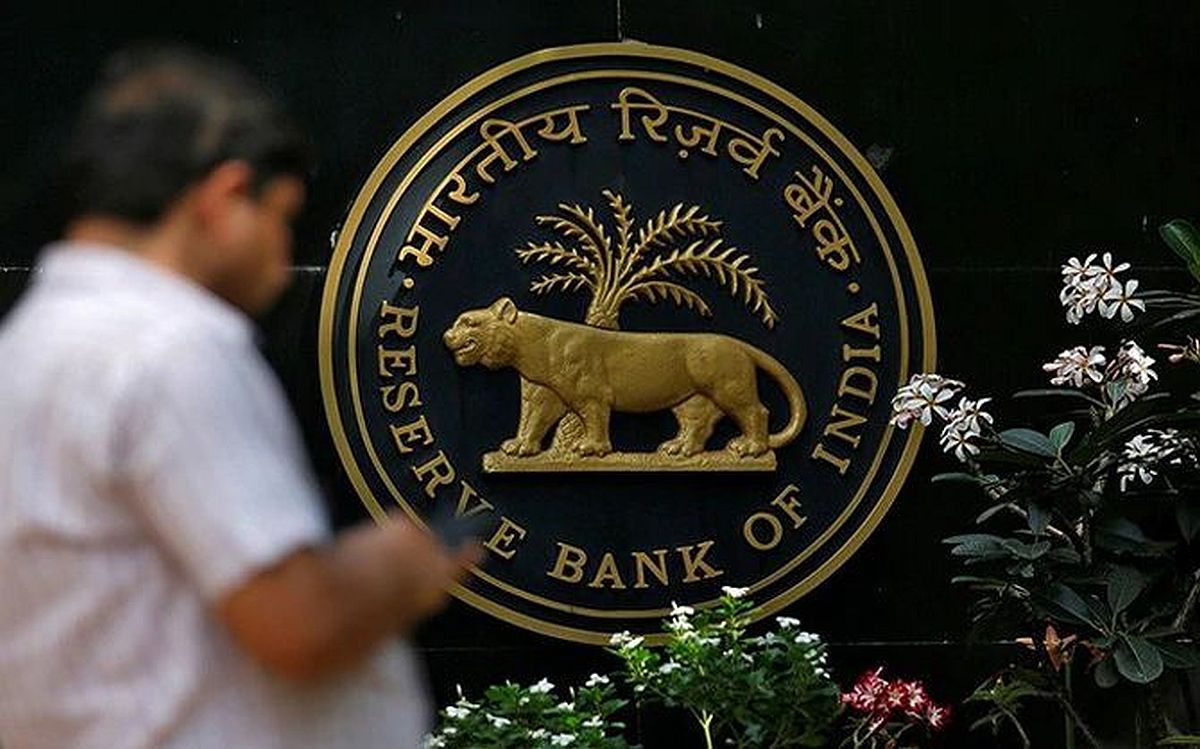India is seeking either an exemption or a longer timeline on the pharmaceutical tariffs, expected to kick in by July 31.

Photograph: Shailesh Andrade/Reuters
The US is pressing India to commit to not reintroducing the so-called ‘Google tax’, while New Delhi is seeking protection from potential future tariffs on pharmaceutical exports as part of the ongoing trade-deal negotiations.
Starting April 1, India abolished the 6 per cent equalisation levy on online advertising services provided by non-resident entities, also known as Google tax.
The move, announced in March, was aimed at sending a positive signal to US President Donald Trump, who had threatened reciprocal tariffs on high-tariff nations.
Apart from Google, the decision also benefited other US-based tech majors, such as Meta and X (formerly Twitter).
“While we have already abolished the equalisation levy, to include a provision not to reintroduce it in a trade deal may set a wrong precedent,” said a government official who did not wish to be named.
India usually does not make sovereign commitments on tax issues under trade agreements.
For its part, India is seeking either an exemption or a longer timeline on the pharmaceutical tariffs, expected to kick in by July 31.
“This will bring more certainty to the Indian pharma companies,” the official said.
Trump has threatened tariffs of up to 200 per cent on pharmaceuticals to push drug manufacturers to bring production back to the US.
‘Probably at the end of the month, we’re going to start off with a low tariff and give the pharmaceutical firms a year or so to build, and then we’re going to make it a very high tariff,’ Trump recently told reporters.
India is also seeking at least a “quota-based relief” from the 25 per cent tariffs on steel, aluminium, and automobiles under the proposed deal.
“Since these tariffs were imposed under Section 232, citing national security, and are unlikely to be challenged in US courts, we are looking for some sort of resolution within the trade agreement,” the official noted.
New Delhi has termed the Section 232 tariffs by the US as safeguard duties and informed the World Trade Organization that it reserves the right to retaliate.
The US, however, has rejected India’s claim, holding that India has no legal basis to retaliate, as such tariffs were imposed on national security grounds.
Feature Presentation: Aslam Hunani/Rediff




